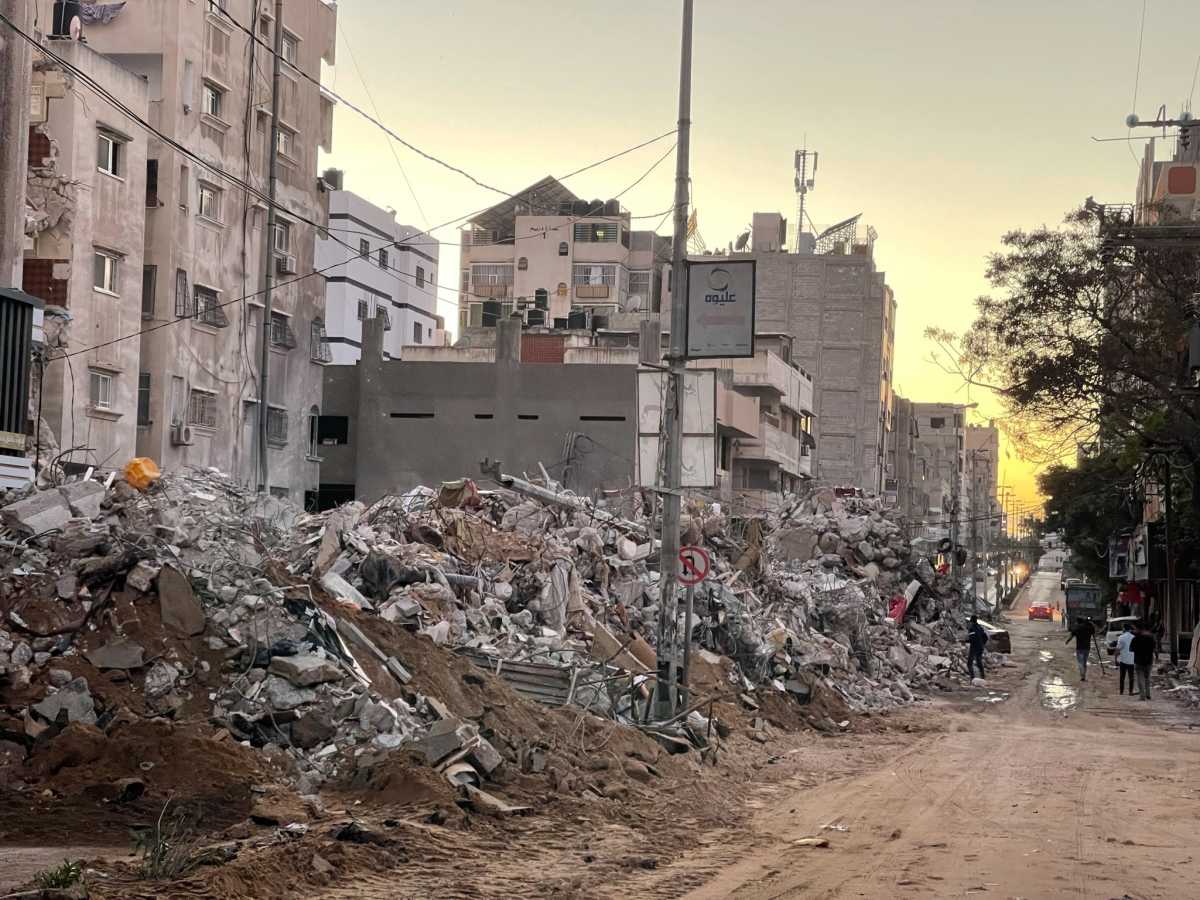Gaza is known as the world’s largest open-air prison due to an air, land and sea blockade imposed by Israel in 2007.
Gaza’s Ministry of Public Works and Housing said Qatar’s reconstruction efforts in the besieged city following last year’s deadly Israeli offensive is 40% complete, the Gulf state’s news agency (QNA) reported on Tuesday.
Speaking to the press, Undersecretary of the Ministry of Public Works and Housing in Gaza Naji Sarhan praised Qatar’s efforts as well as its significant role in rebuilding the enclave.
Sarhan also noted that Gaza is in need of $3 billion in order to complete the development and reconstruction process.
Last year, the Israeli regime launched deadly air strikes on the city, killing at least 260 Palestinians, including 66 children. The assaults ended following a Qatar-Egypt ceasefire at the time.
The Palestinian city was subjected to Israeli shelling again on 5 August, which ended three days later with another truce brokered by Qatar and Egypt.
The occupying state killed 49 Palestinians, including 17 children during that assault. According to Sarhan, the latest aggression destroyed 25 housing units and partially devastated 80 others in Gaza.
Meanwhile, the Palestinian ministry says it is still processing the scale of the damage in order to begin reconstruction operations, which entail building 1,000 residential units out of the 1,700 that were damaged.
Adding the 1,000 houses from last year’s Israeli attack, the total number of damaged housing units that are in need of reconstruction stand at 2,300.
Last week, Qatar agreed to reconstruct houses in Gaza that were destroyed following the latest Israeli aggression on the besieged city.
Separately, the Qatar Red Crescent (QRCS) launched a QAR 4 million campaign as part of an urgent relief response following the latest Israeli bombardment on the Gaza Strip.
The Qatari entity said the aid is expected to benefit 60,250 people in the besieged city.
Qatar already provides a monthly humanitarian donation to Palestinian families in the Gaza Strip that are suffering from the Israeli blockade’s severe economic and living conditions.
Largest open-air prison
The Palestinian city has become known as the world’s largest open-air prison due to an air, land and sea blockade imposed by Israel in 2007.
Israel withholds fuel from the power plant and also controls up to 90% of water in the besieged enclave. Sources and figures show just 10.5% Palestinians in Gaza have access to safe drinking water.
More than 96% of water in Gaza’s aquifers are not safe for consumption, forcing Palestinians to buy water at inflated prices despite their full right to access it for free.
The poverty rate in Gaza has increased from 40% in 2005 to 56% in 2020.
Trucks carrying good to the strip constantly face obstacles under the apartheid state with key crossings being closed at unexpected times.
Before the embargo, at least 30,000 Palestinians were able to travel through the Erez crossing on a monthly basis, however, the number decreased by 85% as of 2020. This is also the case for the Rafah crossing with Egypt.
Israel partially damaged 70,000 housing units in total during the 2014, 2021, and 2022 bombardments of Gaza combined, costing the city more than $800 million.







